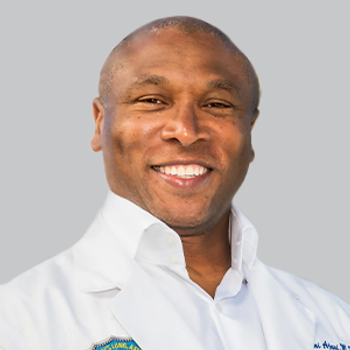
A recent post hoc analysis of the REST-ON trial reported that once-nightly sodium oxybate did not worsen the apnea-hypopnea index in individuals with narcolepsy with no or mild sleep apnea.

Isabella Ciccone, Content Associate, NeurologyLive®, has been with the team since September 2022. Follow her on X @iciccone7 or email her at [email protected]

A recent post hoc analysis of the REST-ON trial reported that once-nightly sodium oxybate did not worsen the apnea-hypopnea index in individuals with narcolepsy with no or mild sleep apnea.

A recent large-scale analysis presented at the 2025 AD/PD Conference highlighted the role of coping strategies in mitigating negative outcomes.
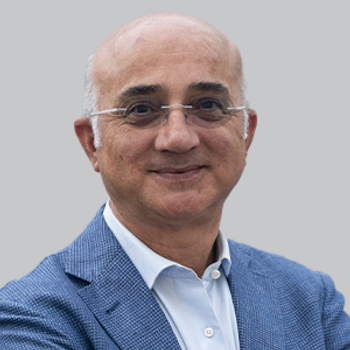
A recent poster presentation at the 2025 AD/PD conference revealed that a novel assay could provide absolute allelic discrimination for APOE genotyping, supporting precision medicine in AD treatment.
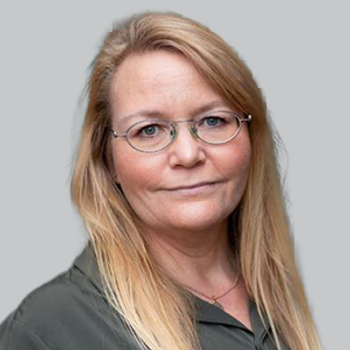
An analysis of the Gothenburg Mild Cognitive Impairment Study presented at the 2025 AD/PD Conference reported that lifestyle and socioeconomic factors could significantly influence the risk of developing cognitive diseases.

A new survey study will assess how well German memory clinics and specialists are equipped to provide early and accurate Alzheimer diagnoses using biomarker-based methods.

The European Medicines Agency has requested a pause on 3 clinical trials of FDA-approved gene therapy Elevidys following the death of a patient who suffered acute liver failure after treatment.

A pilot study, presented at the 2025 AD/PD conference, evaluating the CUE1 device suggests it may help improve motor symptoms and reduce fall risk in patients with Parkinson disease.

The company's phase 3 MUSETTE trial reported that an increased ocrelizumab dose did not further slow disability progression but reinforced the efficacy of the approved 600 mg dose.

Recently presented at the 2025 AD/PD Conference, the REAL AD study aims to assess the feasibility of blood biomarkers and digital cognitive testing for early detection of Alzheimer disease.

A recent study presented at the 2025 AD/PD Conference identified key modifiers of Alzheimer disease onset in amyloid precursor protein duplication carriers.

A phase 2a biomarker trial of xanamem presented at AD/PD 2025 suggests the drug may help slow clinical decline in patients with Alzheimer who have elevated levels of plasma pTau181.

A recent study reported that silmitasertib, an investigational drug currently in development for cancer, may help reduce motor deficits and neuropathology in a Huntington disease.
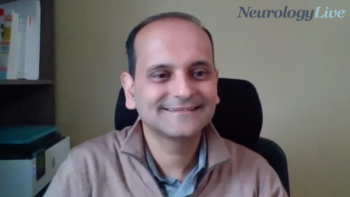
The senior vice president of research at The ALS Association talked about a multidisciplinary session presented at the 2025 MDA Conference that highlighted diverse strategies for neural repair, from pharmacological targets to noninvasive brain stimulation. [WATCH TIME: 6 minutes]

A recent analysis of the PRODROME trial explored the impact of ubrogepant, an FDA-approved acute treatment of migraine with or without aura, on patient-reported outcomes in migraine management.
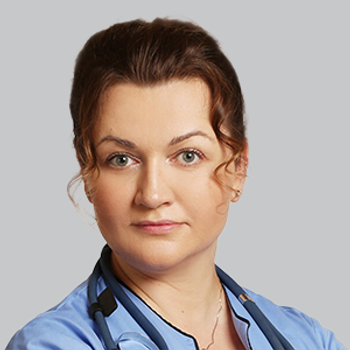
A recent case-control study suggests that although sleep bruxism may not be directly associated with migraine in patients with temporomandibular disorders, mixed bruxism episodes occur more frequently in those with migraine.

Findings demonstrated that fremanezumab significantly reduced the use of acute headache medications and the frequency of migraine-associated symptoms in patients with episodic migraine compared with placebo.

The FDA has recently granted approval to Soleno Therapeutics' DCCR tablets as the first treatment for hyperphagia in Prader-Willi syndrome.
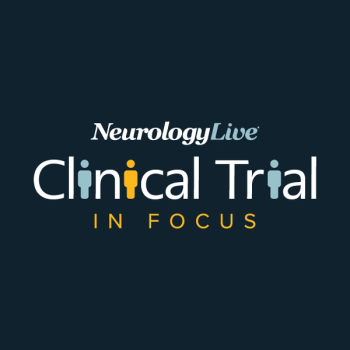
The HARBOR study is an ongoing phase 3 global study focused on assessing del‑desiran, formerly known as AOC 1001, which aims to treat the underlying cause of DM1.

The senior vice president of research at The ALS Association discussed insights into neural regeneration therapies and their potential to restore function in neurodegenerative diseases.

Topline data from the REFOCUS-ALZ trial showed no significant cognitive or functional benefits with simufilam in patients with mild-to-moderate AD, leading the company to discontinue the program.
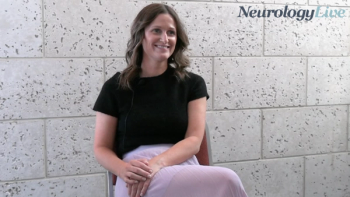
The assistant professor in the department of neurology at Mount Sinai discussed distinguishing cognitive impairment in MS from AD emphasizing orientation as a key differentiator. [WATCH TIME: 5 minutes]

Pooled safety data of delandistrogene moxeparvovec, a gene transfer therapy for Duchenne muscular dystrophy, suggests a manageable tolerability profile up to 5 years of follow-up.
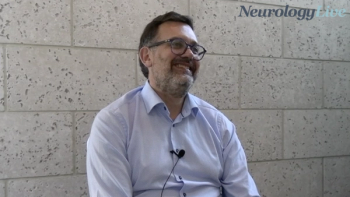
The professor of neurology at University of Colorado School of Medicine talked about the challenges of telehealth and device-based data collection in clinical practice. [WATCH TIME: 4 minutes]

Findings from a phase 2 study of nomlabofusp, a novel investigational therapy for Friedreich ataxia, demonstrated an increase in tissue frataxin levels and metabolic improvements.
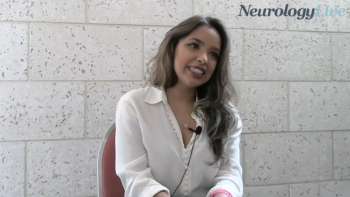
Despite advancements in NMOSD treatments, the founder and executive director of the Sumaira Foundation discussed how misdiagnosis, delayed diagnosis, and disparities in care remain significant challenges. [WATCH TIME: 4 minutes]

Results from a recent phase 3 study presented at the 2025 MDA Conference reported that oral edaravone remained well tolerated in patients with ALS over 96 weeks, with no new safety concerns.
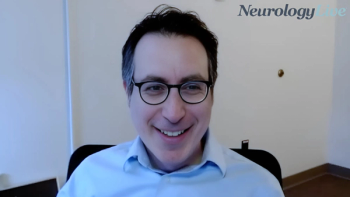
The professor of neurological sciences at the University of Vermont discussed the work of the MS Differential Diagnosis Consortium, highlighting efforts to refine MS differential diagnosis and improve clinical accuracy. [WATCH TIME: 8 minutes]

New biomarker data presented at the 2025 Muscular Dystrophy Association Clinical & Scientific Conference of RGX-202 in the phase 1/2 trial highlight strong microdystrophin expression.
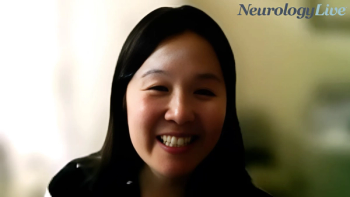
The medical director of the Barlo Multiple Sclerosis Program at St Michaels Hospital discussed findings from phase 3 trials suggesting that baseline PRLs can predict disability accumulation and may serve as biomarkers for treatment response to tolebrutinib. [WATCH TIME: 6 minutes]

A new analysis reported that givinostat, an oral histone deacetylase inhibitor recently approved for DMD, slowed disease progression by approximately 2 years compared with standard care.